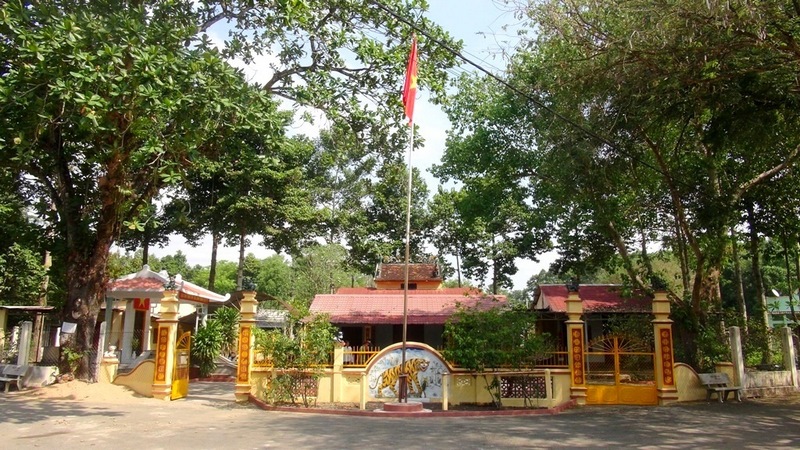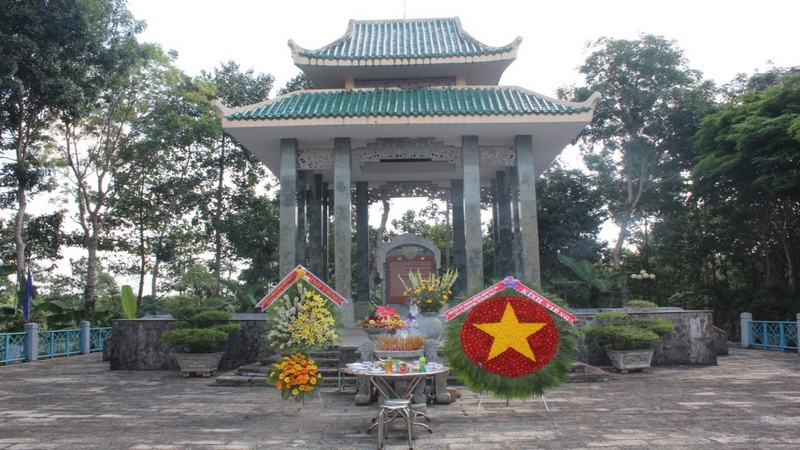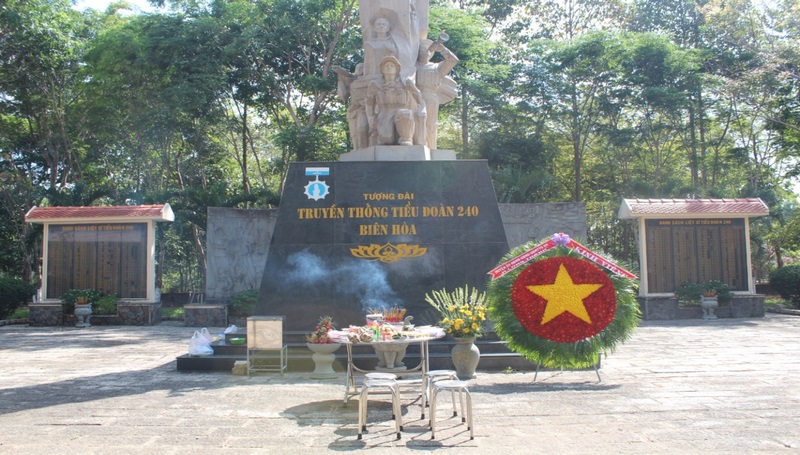1. Geographic location
Located in 8 km east of Long
Thanh district center, with the total area of 7,421 ha.
The natural land area covers
7,421 ha.
- Its north borders Binh An
commune, Long Thanh district, Dong Nai province.
- Its south borders Bau Can
commune, Long Thanh district, Dong Nai province.
- Its west borders Long An
commune, Long Thanh district, Dong Nai province.
- Its east borders Thua Duc
commune, Cam My district, Dong Nai province.
2. Administrative units
Binh Son commune is divided
into 17 hamlets including: Hamlet 1, 2, 3, 4, 5, 6, 7, 8, 9, 10, 11, Suoi Trau 1
hamlet, Suoi Trau 2 hamlet, Suoi Trau 3 hamlet, Xa Hoang hamlet, Cam Duong
hamlet, and Long Phuoc hamlet.
.jpg)
3. Topography
The commune’s topography is
flat and slightly wavy: the average elevation varies from 2-10 m to 50-60 m and
the slope ranges from 0 – 80 degrees but mostly less than 30 degrees.
4. Climate
The commune is located in the
sub-equatorial monsoon tropical climate, with 2 seasons:
- Very sunny (an average of
2,600-2,700 hours a year), the average temperature is 26 0C and the lowest
average is 25 0C;
- Relatively high rainfall (an
average of 1,800 - 2.000 mm per year) sharply differentiated by seasons, with
the rainy season lasting from May to October and the dry season from November to
April.
5. Culture and history
At present Binh Son has 2
historical sites, namely the relic site of Bien Hoa Provincial Party Committee
(Hamlet 9) and Tran Hung Dao Temple (Hamlet 4) ranked by the Provincial People's
Committee as a historical relic at the provincial level according to Decision
No. 3640/QD-UBND dated December 29, 2010.



6. Population
Total population: 25,032
people;
Number of households: 6,609
families;
Ethnicities: Majority of ethnic
groups are Vietnamese, and Cham ethnic group includes 198 households with 647
people.
Religions: Buddhism: 1,220
households with 4,401 people;
Islam: 99 households with 313
people.